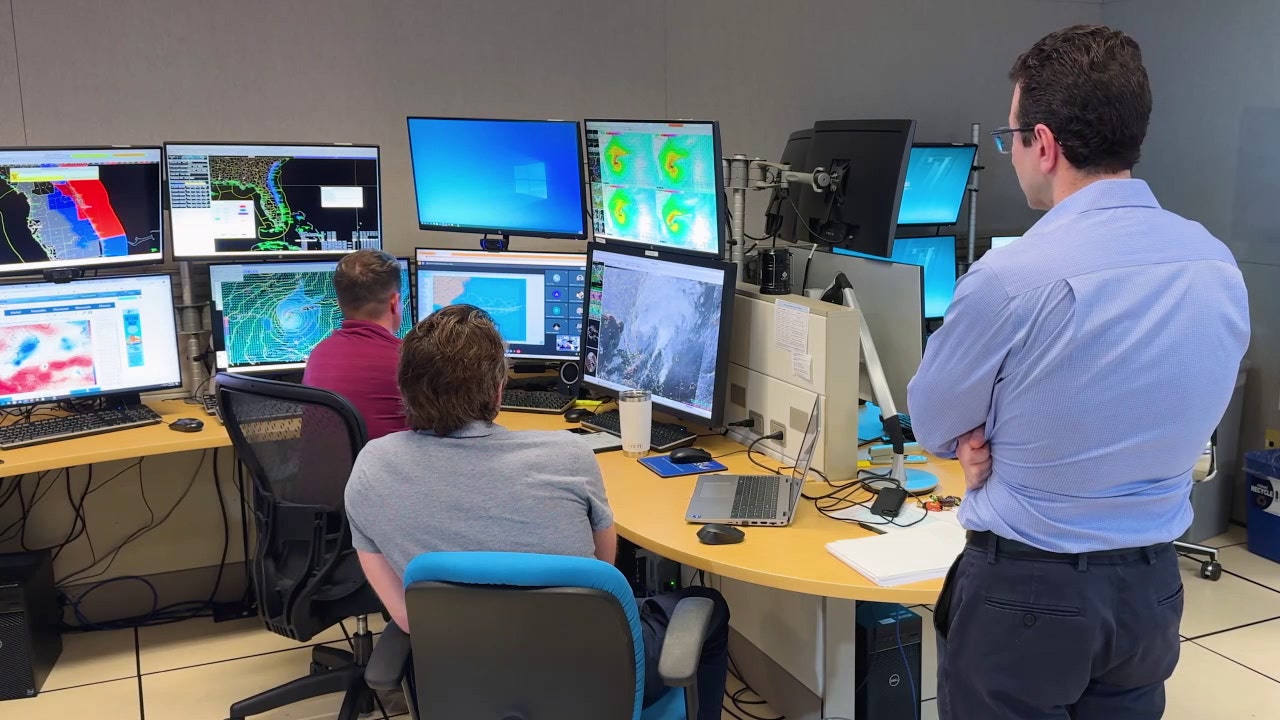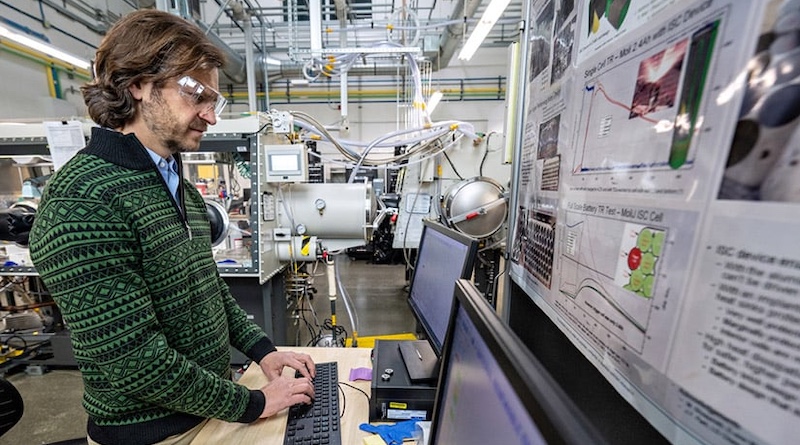
The University of Texas has released a draft framework titled the ‘Responsible Adoption of Artificial Intelligence Tools for Teaching and Learning’ in an effort to establish clear guidelines for the ethical and effective integration of artificial intelligence (AI) in academic settings. The university is encouraging students, faculty, and other stakeholders to provide feedback, with priority given to submissions made before July 31, as the framework is prepared for adoption in the upcoming academic year.
Announced on May 6, the framework is designed to help both professors and students navigate the benefits and challenges of AI technologies like generative chatbots and machine learning tools in the classroom. This move reflects the growing presence of AI in education and seeks to strike a balance between leveraging its capabilities and maintaining academic integrity.
The guidelines propose standards for transparency, responsible usage, and ethical considerations when deploying AI tools for teaching and learning purposes. By inviting feedback from the university community, the administration aims to create a collaborative, inclusive process to shape policies that reflect the diverse needs and concerns of educators and students alike.
The implementation of the framework is expected to affect coursework design, classroom practices, assessment strategies, and academic policy over the coming year. Faculty are being encouraged to consider how AI tools can both enhance and, if misused, potentially undermine teaching goals.
The feedback portal is currently live on the university’s website. Community members are urged to share their thoughts and experiences with AI in academia to ensure the framework is comprehensive and practical across disciplines.
As AI continues to evolve rapidly, institutions like the University of Texas are taking proactive steps to address its role in higher education. The adoption of this framework could serve as a model for other universities nationwide grappling with similar questions around the integration of emerging technologies into their curricula.
Source: https:// – Courtesy of the original publisher.








